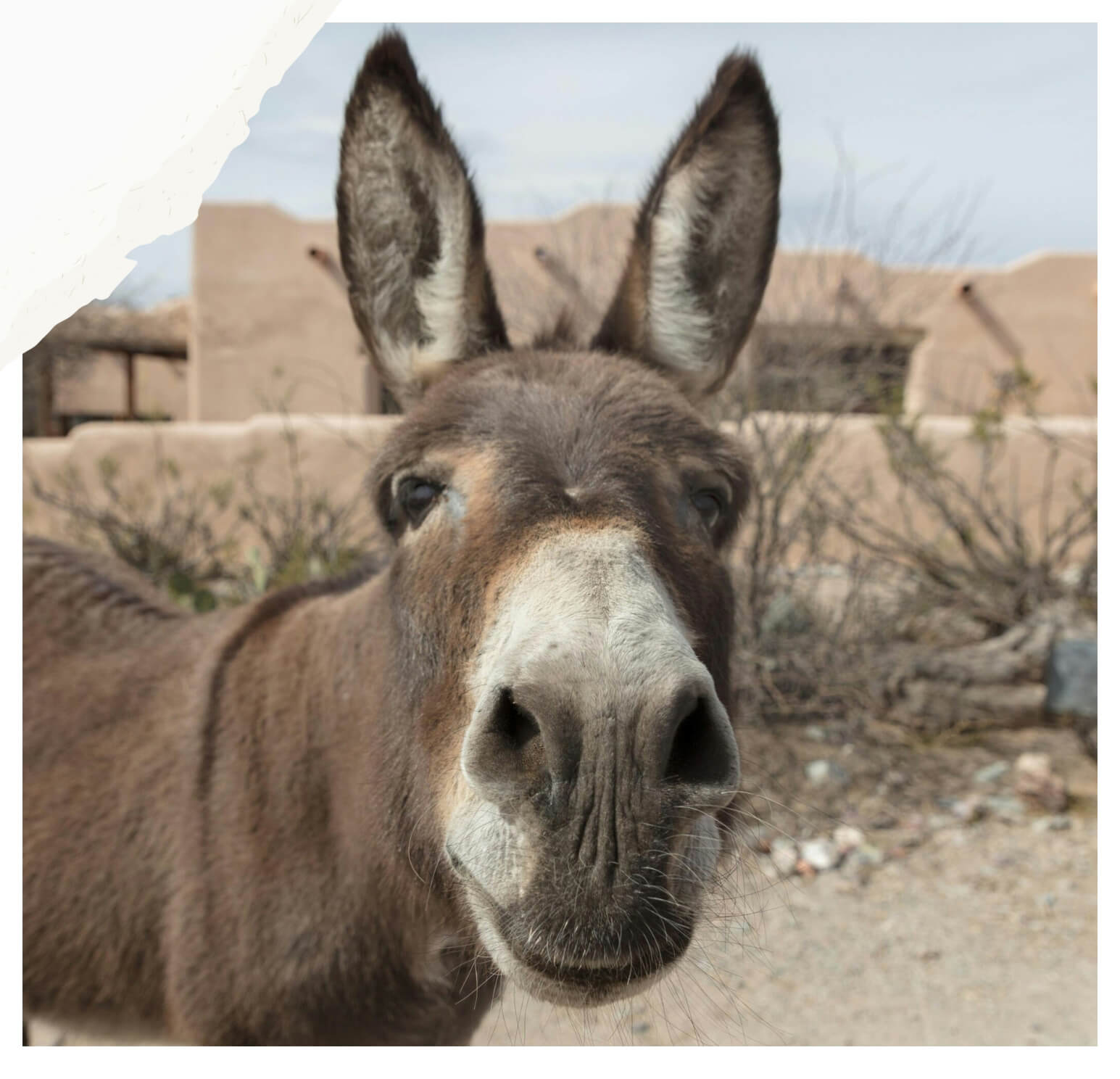Questions from God and the Devil, Part 1

I am a big fan of questions.
Except for when I’m not.
What I mean is that most of the time, questions serve me well. They allow me to engage empathically with others, they help me understand different viewpoints, and they teach me diligence in my thoughts and actions.
But sometimes the questions get out of control. Sometimes they keep me awake at night replaying conversations or inciting possible scenarios. Sometimes their incessant whirling brings such doubt and confusion that I could easily be led away to despair.
Then, questions are no longer my friend. Perhaps this has also happened to you.
The question that arose about all these questions (ironic, I know), is this: How can I tell if a question is good for me to think about or if it is one I should avoid?
I have three answers.
The first answer comes in even recognizing that there are some questions that are not helpful, and that we can choose to dwell or not dwell on a particular thought. The Bible tells us that we should take every thought captive to Christ (2 Corinthians 10:5) That means we can think about what we are thinking about, and ask God for guidance in discerning what thought paths we should pursue. As simple as it sounds, pausing for a moment of metacognition – thinking about what we’re thinking about – can reframe our thought paths.
When I started to do this, I was shocked at the thoughts that were playing through my mind. The chatter was so familiar and incessant that I didn’t realize some of the patterns I was getting stuck on. I couldn’t even begin to tell if a question was good for me to dwell on until I first became aware of my thoughts and what questions were already there. That’s step one.
The second way we discern questions worth thinking about is through the fruit of the question. In other words, does dwelling on a particular question bring clarity and peace or confusion and despair?

This isn’t always black and white. Our thoughts are complex and we can’t always consider a single question and leap immediately to either clarity or confusion. Sometimes we have to walk through uncertainty as we seek our answers. Sometimes questions raise emotional pain that we do need to walk through and not avoid. But there is a different feeling to wrestling with doubt, fear, or sadness while seeking clarity versus the feeling we have when we are churning on a question that repeatedly plunges us into darkness. When dwelling too long on a particular question produces only increased anxiety, set it aside. It may be that the time is not quite right to consider those thoughts. We can ask God to show us when the time is right. He will bring resources across our path to guide us.
The problem with using the fruit of the question as our identifier is by the time we realize a particular question is leading us in a bad direction, we are already well down the path. While it’s a little helpful to recognize after the fact – perhaps we can at least not go any further! – it would be even better if we could distinguish a priori whether a particular question is a friend or foe.
I think there are ways we can. Once we have identified a detrimental question by its fruit, we can be cautious of that question in the future. When we recognize it creeping back into our thoughts, we can displace it with something else.
Steps one and two can lead to this preemptive third step: recognize the detrimental questions at their onset.

Additionally, and importantly, we also identify detrimental questions at their onset by recognizing the spiritual component to our thoughts. There are questions God asks us that we should spend time thinking about. Conversely, there are questions from the devil, or our own wandering mind, that we should avoid. Knowing which type of question is knocking at the door of our thoughts can help us identify whether it is a friend or foe.
The outstanding question, of course, is this: What are the questions God asks us, and what are the questions that come from the devil or our own wandering mind?
This, my friends, is a question worth pursuing.
So I am embarking on a Bible study to see what I can learn. The good news is that since the spiritual patterns of thought that began at the beginning are the ones still with us today, we can learn a lot by studying the questions in scripture. There is nothing new under the sun, Ecclesiastes tells us.
In some upcoming posts, I’ll share what I am discovering. We’ll start with the very first question the devil asked… and the counter question from Jesus millennia later. Do you know what it is?

Search the Blog
Categories
Join the email list to receive the latest post and occasional exclusives

Meet Janet!
Janet Beagle, PhD is the founder of The Mustard Patch. She divides her time between the Midwest and New England, and if she’s not writing, she’s probably out hiking with her 2-and 4-footed friends.





